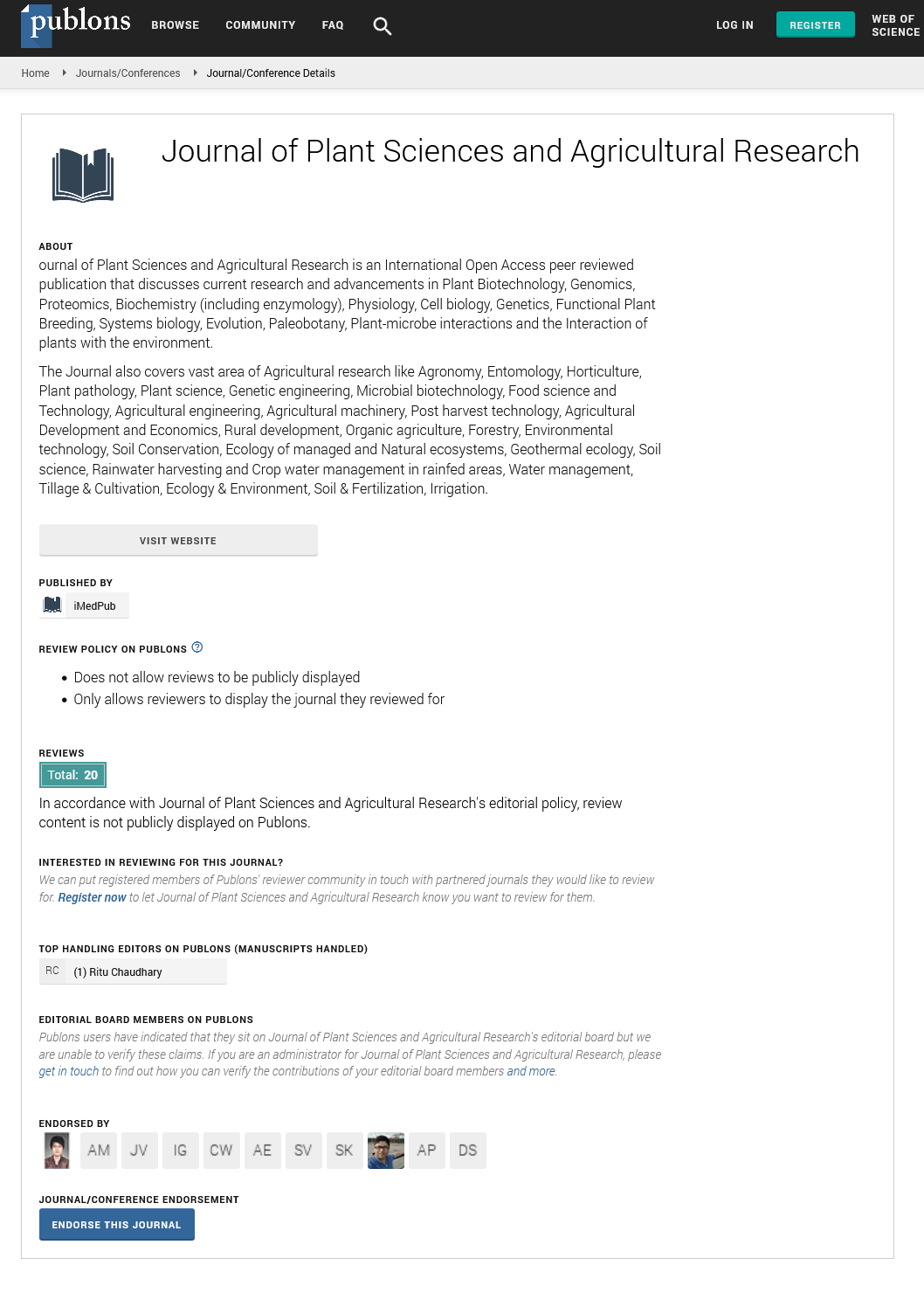Abstract
A Regenerative Approach to Sustainability: The Power of Digital
After over thirty years of corporate sustainability, the recent IPCC report (Aug-21) provided another painful reminder that reducing the negative externalities associated with corporate business processes is insufficient to protect the ecosystems that sustain human civilization. Moreover, the dogmatic equation of sustainbility with the “reduce, reuse, recycle” hierarchy de facto excludes organizations that are not active in the making, moving, or mining of things from taking meaningful action. Yet, service companies, financial institutions, governmental organizations, tech companies, SMEs, and platforms are often flush with cash, are increasingly asked by consumers and investors about their environmental credentials but lack clear pathways to reduce their impact within organizational boundaries. This means that over 75% of employees in the USA and Europe work for firms that have no real way of contributing to sustainability. Given that we need to triple our collectve investment in the restoration of nature by 2030, regeneration offers a valuable approach to sustainability for these companies. But while old school sustainability creates value by reducing operational costs and boosting efficiency, investments in regeneration will need to create value by enhancing customer willingness to pay, loyalty, reputation, employee satisfaction, and institutional goodwill. I investigate the role of digital technologies in the creation of common pool resources and public goods while capturing private value. I proffer that economies of information, value exchange, and collective action, enabled by digital technologies like AI, blockchain, IOT, and sensors can address Hardin’s Tragedy of the Commons and discuss various business models that operationalize regenerative integrations.
Author(s): Dr. Simon JD Schillebeeckx
Abstract | Full-Text | PDF
Share This Article
Google Scholar citation report
Citations : 135
Journal of Plant Sciences and Agricultural Research peer review process verified at publons
Abstracted/Indexed in
- Google Scholar
- Publons
- Secret Search Engine Labs
Open Access Journals
- Aquaculture & Veterinary Science
- Chemistry & Chemical Sciences
- Clinical Sciences
- Engineering
- General Science
- Genetics & Molecular Biology
- Health Care & Nursing
- Immunology & Microbiology
- Materials Science
- Mathematics & Physics
- Medical Sciences
- Neurology & Psychiatry
- Oncology & Cancer Science
- Pharmaceutical Sciences
